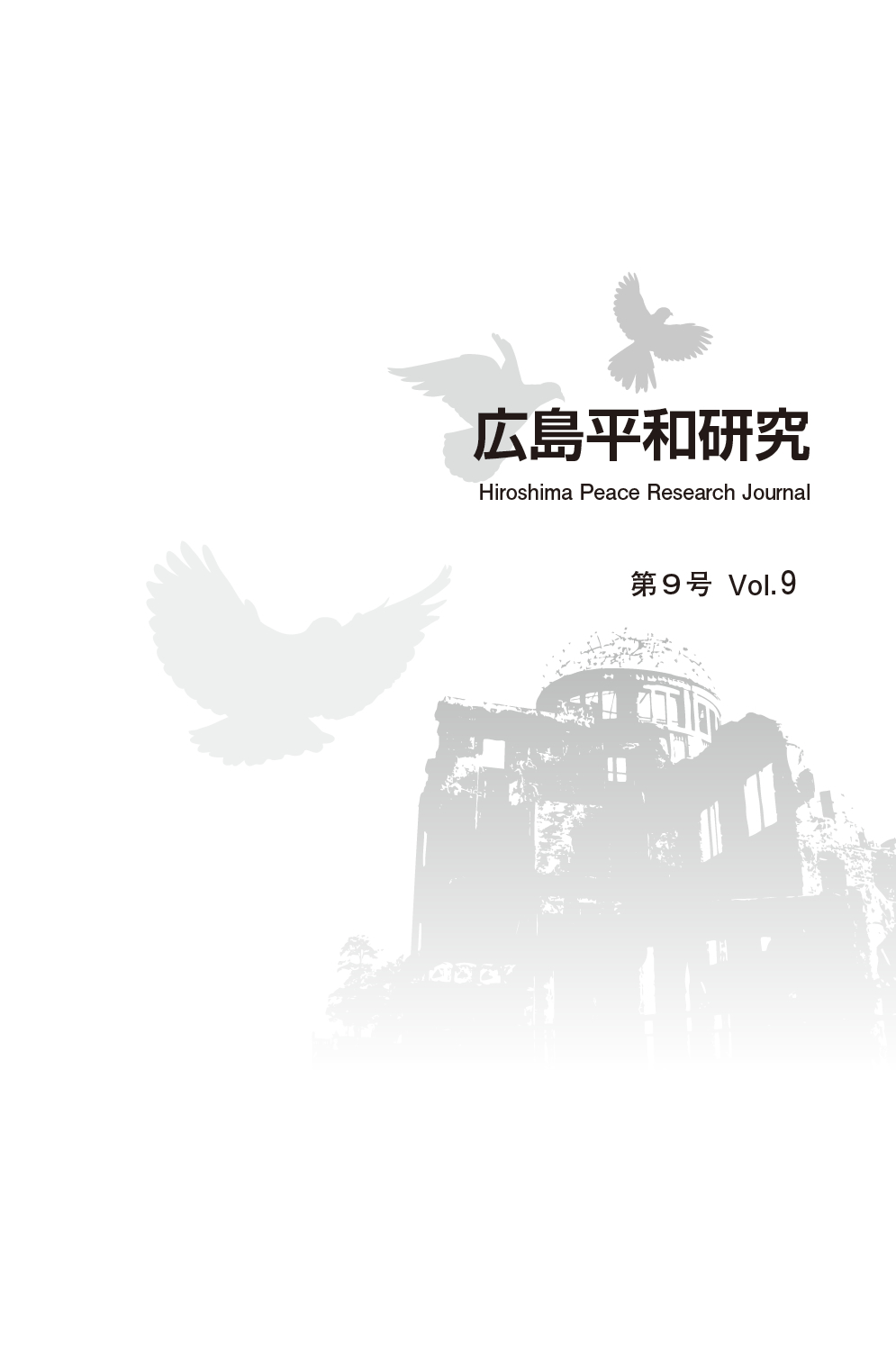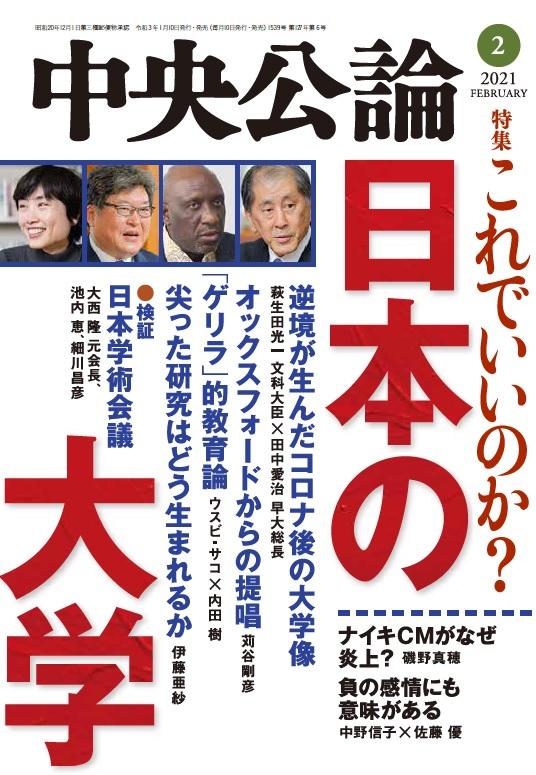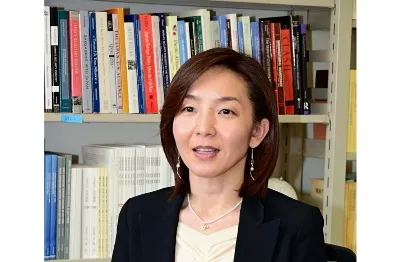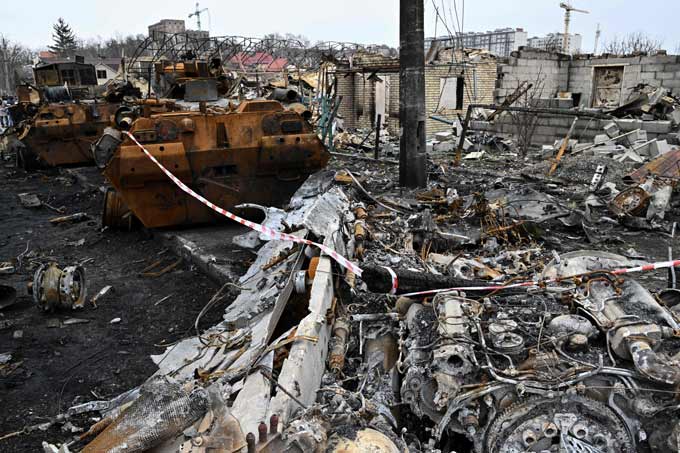Other Publications
Bridge-Building Between Two Morals Toward a Common Goal: Words of Popes and U.S. Presidents
AbstractThis essay discusses the divergence between the “idealistic” view of the inhumanity of nuclear weapons and the “realist” views of acknowledging the significance of nuclear weapons in international security in terms of the different ethical systems on which they depend. It argues the possibility of bridging the gap between the two by referring to the interplay of Pope John Paul II and President Reagan on nuclear ethics and deterrence.
Climate Litigation in Europe [in Japanese]
AbstractWhile lawsuits are being filed in Europe to hold corporations responsible for causing climate change as defendants, it is necessary for the state to change the structure of the market in which corporations participate in competition to become more environmentally friendly.
Prime Minister Hun Sen’s Visit to Burma and Cambodia’s Internal Challenges [In Burmese]
AbstractThis article addresses the human rights situation in Cambodia and the country’s turn to be ASEAN chairman to solve the Myanmar issue. Moreover, the influence of China on the chairmanship of Cambodia was highlighted as a concern for ASEAN policy implementation.
Why K-pop idol BTS is taking the world by storm [in Japanese]
AbstractTracing the reasons why the K-pop idol BTS is taking the world by storm may help us get closer to the essence of the “BTS era,” which is bringing about tectonic shifts in the world cultural order. This paper examines its essence from the perspectives of history, changes in the digital environment, and even fan clubs.
Repeated Taliban and Women’s Rights [in Burmese]
AbstractIn this article, the author shared the voices and views of Afghanistan women : diplomats, journalists, activists, and students who experienced the terrible suppression of Taliban on women, violating women rights and basic human rights to education and jobs.
The relationship between the Constitution and the law in the light of EU law [in German]
AbstractThe article seeks to establish the relation between “Constitution” and “Law” in the context of european legislation. The piece is part of an issue that gathers the work of both Japanese and German scholars in the field of legal academic research or social science.
Ripples from the Invasion of Ukraine Nobumasa Akiyama, Yasuhiro Matsuda [in Japanese]
AbstractInstead of making a broad argument that only possessing nuclear weapons will deter, it should be approached from major national strategies and goals, to security strategies and necessary equipment.
Transitional Justice and Argentina [in Burmese]
AbstractThis article highlights the role of women in the Dirty War of Argentina and the way they struggle for transitional justice, which should be the best reference for Myanmar people especially for transitional justice issue since the detainees from several detention centers are still confronting with the brutal violations by the military junta.
Lies of Plausible Claims are Problematic [in Japanese]
AbstractThe article suggests that Russian government propaganda may have considerable influence in Japan. One example is the mainstream view in Japan of the purpose of the invasion of Ukraine (that Russia invaded to prevent NATO membership of Ukraine), which implies the possibility that Japanese are taking the Russian government's claims at face value.
Creeping Fear of First Use of Nuclear Weapons: Is President Putin Serious? [in Japanese]
AbstractRegarding the Ukraine crisis, Prof. Akiyama explains the process of nuclear threat by the Russian military.







